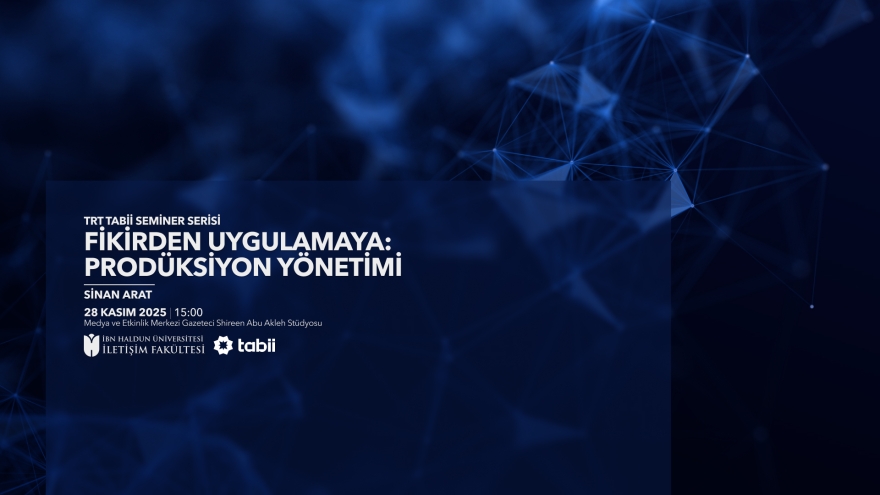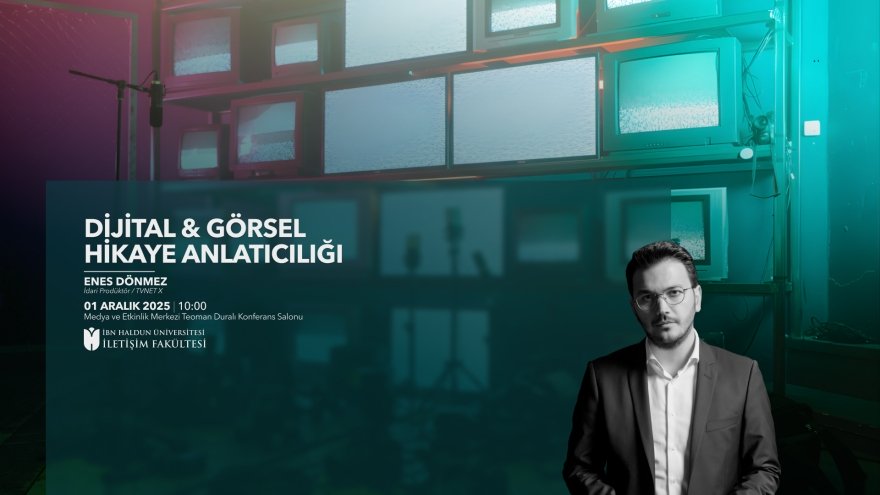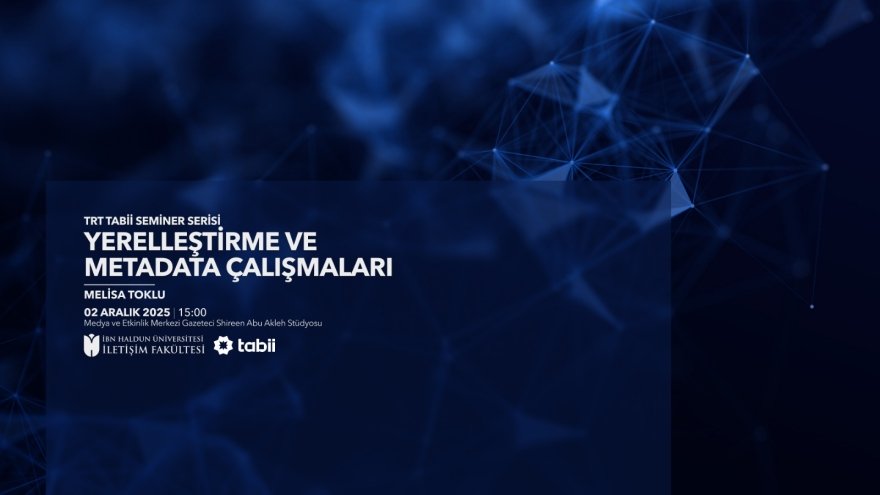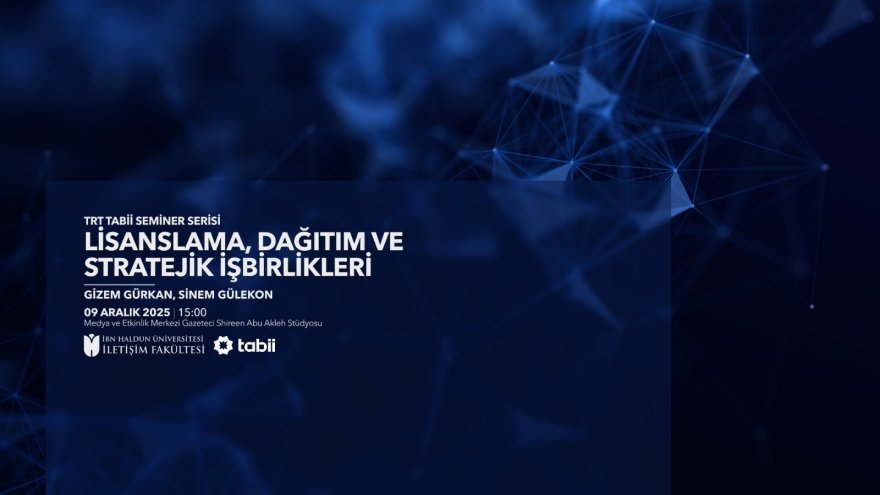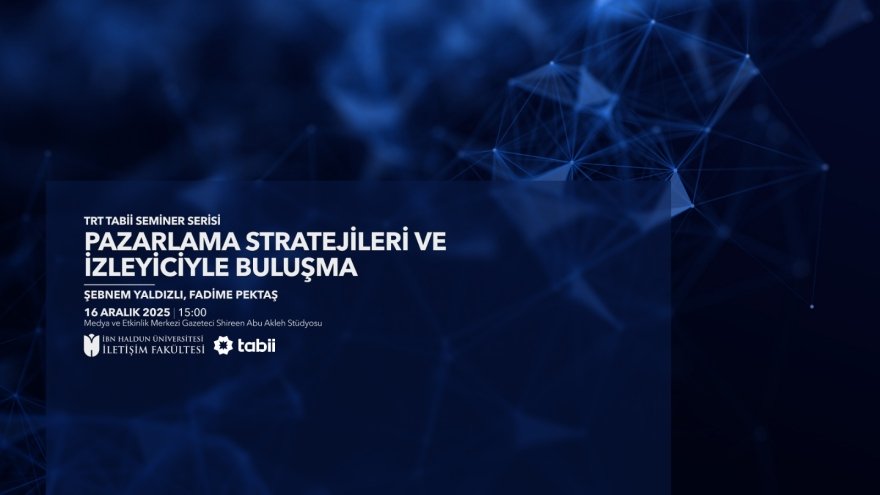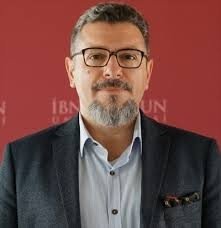
At Ibn Haldun University’s School of Communication, our mission is to educate professionals who are not only prepared for today’s rapidly evolving communication landscape but also equipped to shape the future of the field.
Our undergraduate program follows a 7+1 model: seven semesters of coursework combining theory and practice, followed by a final semester dedicated to a 14-week professional internship and a capstone project. This model ensures that our students gain both academic depth and hands-on industry experience before graduation.
From their very first year, students take both departmental and university-wide courses that provide a strong intellectual foundation. Beginning in the 2025–2026 academic year, Arabic will also become a required part of our trilingual curriculum. In 2024, we earned FIBAA Accreditation, a significant recognition of our commitment to international standards of excellence in higher education.
With access to state-of-the-art media studios, production facilities, and computer labs, our students can specialize in diverse areas of communication, ranging from journalism and digital media to brand management, film, and documentary production. Our graduate programs further expand these opportunities: while the RTS Master’s program now offers education entirely in Turkish, our New Media and Communication Master’s and Ph.D. programs continue in English. Additionally, our integrated Ph.D. program allows students to progress directly from undergraduate studies into doctoral-level research.
The School of Communication offers more than an academic education. With its international student body, extensive library, vibrant student clubs, and environmentally conscious campus, we provide a dynamic and holistic university experience.
At Ibn Haldun University, we are proud to nurture not only highly skilled communication professionals but also socially responsible, intellectually curious individuals who will harness the power of communication to make meaningful contributions to our interconnected world.
Prof. İsmail Arda Odabaşı
Acting Dean


